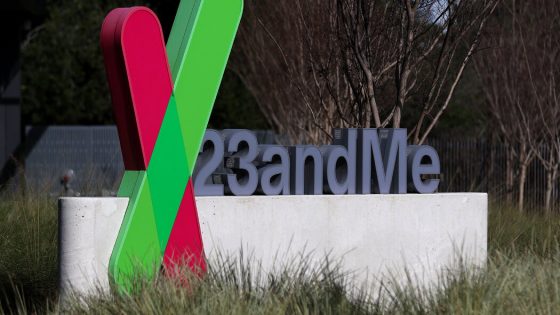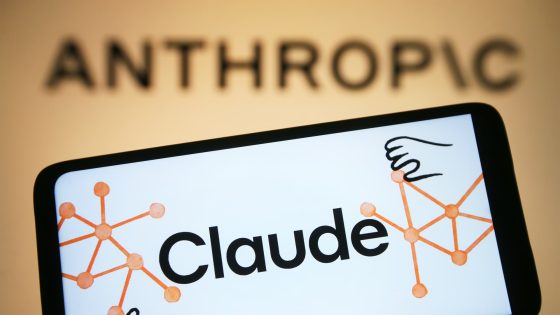Twenty-seven states and the District of Columbia have taken legal action against genetic-testing company 23andMe, opposing the sale of DNA data without customer consent. This lawsuit, filed on June 11, 2025, in U.S. Bankruptcy Court, raises significant ethical questions about data privacy in the genetic testing industry.
- States sue 23andMe over DNA data sales
- Lawsuit filed in U.S. Bankruptcy Court
- Customers' consent required for data sale
- DNA data considered highly sensitive
- 23andMe facing financial difficulties
- Acquisition by Regeneron Pharmaceuticals planned
The suit argues that 23andMe must obtain explicit permission from customers before selling their sensitive genetic information. The lawsuit emphasizes that DNA data is not just information; it represents deeply personal and immutable aspects of individuals’ identities.
This legal battle highlights a growing tension between technological advancement and consumer privacy. As genetic testing becomes more mainstream, how can companies balance innovation with ethical responsibility? Consider these points:
- Increased scrutiny on data privacy laws across various countries.
- Potential for stricter regulations governing genetic data sales.
- Impact on consumer trust in genetic testing services.
- Global implications for biotechnology firms like Regeneron Pharmaceuticals.
As the world navigates the complexities of genetic data management, stakeholders must advocate for stronger consumer protections to ensure that personal information remains private and secure.






























